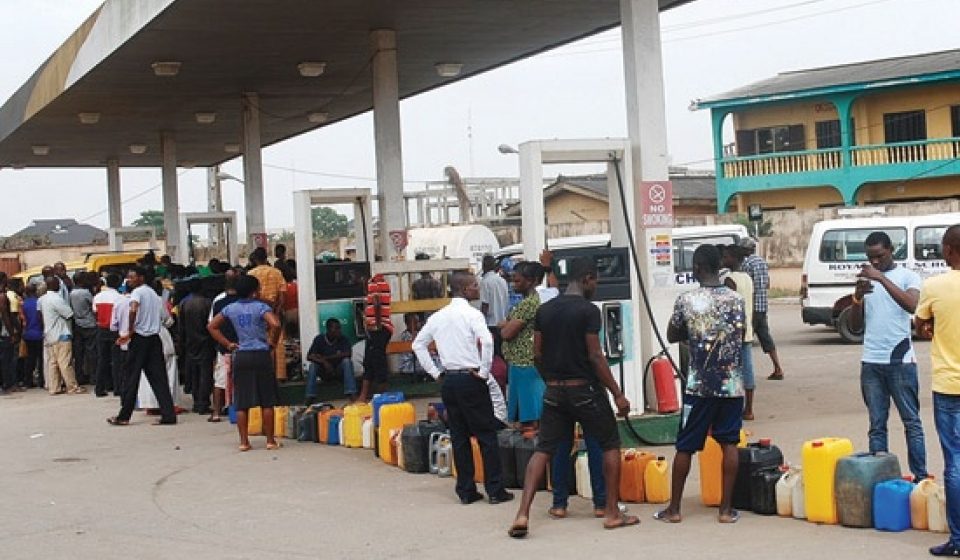
 NIGERIANS should brace for new petrol prices, with the Federal Government deregulating the downstream sector of the oil industry.
NIGERIANS should brace for new petrol prices, with the Federal Government deregulating the downstream sector of the oil industry.
There is likely to be a minimum of 27.17 per cent hike in fuel price nationwide, officials told online newspaper Premium Times.
The policy is likely to push the pump price of petrol to about N110 per litre at Nigeria National Petroleum Corporation (NNPC)-owned filling stations and higher at independent outlets.
Industry sources were quoted as saying the government were thinking of discreetly giving permission to petroleum products marketers to gradually adjust their pump prices as early as this week to signal the take-off of deregulation.
The sources, who asked not to be named because of the sensitive nature of the matter, said the government resorted to that drastic decision to end the vicious cycle of fuel scarcity and avoid subsidy payments.
Unlike the situation in 2012, the sources said the government appeared to have successfully wooed organised labour and its affiliate unions to its side.
That claim could not be independently verified.
Insiders also said top level secret meetings had been going on all week to weigh the security implications of the policy.
NNPC spokesman Garbadeen Mohammed was quoted as saying reports of the planned deregulation was new to him.
Full deregulation policy, which involves opening up the downstream petroleum industry for participation by all players, particularly the private sector, is widely considered the panacea for the incessant fuel supply crisis in the country.
With full deregulation, there will be fair competition, with the burden of petroleum products supply and distribution shared between private investors and government, with both having equal access to all aspects of industry operations, ranging from refining and sourcing to marketing and distribution.
While government will continue to monitor and enforce compliance with established standards, products pricing will be determined by the prevailing market forces in an atmosphere of competition.
Over the years, the government bore the burden of subsidy payments on petroleum products consumed in the country.
Under the arrangement, landing cost of fuel, plus the distribution margins included in the Petroleum Product Pricing Regulatory Agency (PPPRA) pricing template have always imposed on government the extra burden of shouldering all costs in excess of a fixed retail pump price of N86 per litre as subsidy.
